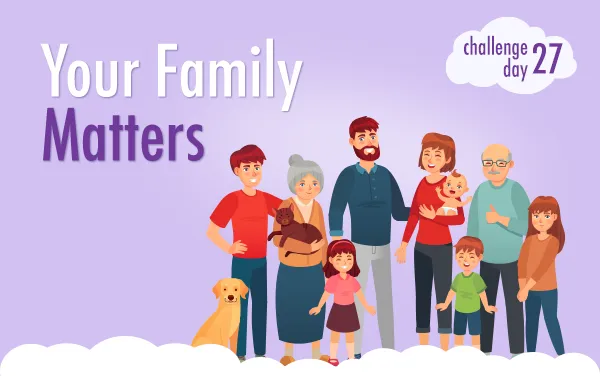
Your Family Matters
When we talk about Family Matters, we don’t mean that sitcom from the 1990s. We’re talking about what runs in your family – what’s in your DNA.
If you don’t know your family’s heart health history, it’s time to talk about it. That intel can help predict your own risk for heart disease.
Even if you lead a healthy lifestyle, heart disease and stroke are strongly linked to your family history. So, it’s important to find out if your parents, grandparents or siblings have a history of heart disease, heart attacks, diabetes, high blood pressure, high cholesterol, stroke or if they have a pacemaker.
Once you know that information, share it with your physician, who can monitor for any early signs of a heart condition and advise you about ways to minimize your risks.
It’s also important to remember that some people are at higher risk than others based on genetics:
- Heart disease is the leading cause of death for women in the United States, killing 314,186 women in 2020 – or about 1 in every 5 female deaths.
- In 2018, African Americans were 30 percent more likely to die from heart disease than non-Hispanic whites.
- The American Heart Association reports 1 in 3 Hispanic people have hypertension, and nearly 50% battle high cholesterol.
he good news is that many heart-healthy tips we’ve shared this past month can help offset some hereditary factors. So, control what you can, and your heart will be better off.
Talk to your parents and siblings about your family’s health history, and if you haven’t shared that information with your physician, do it at your next visit. And, since this is all about passing things down, if you do know your family history, have you talked to your kids about their risks and how they can take control of their heart health? Maybe it’s time.